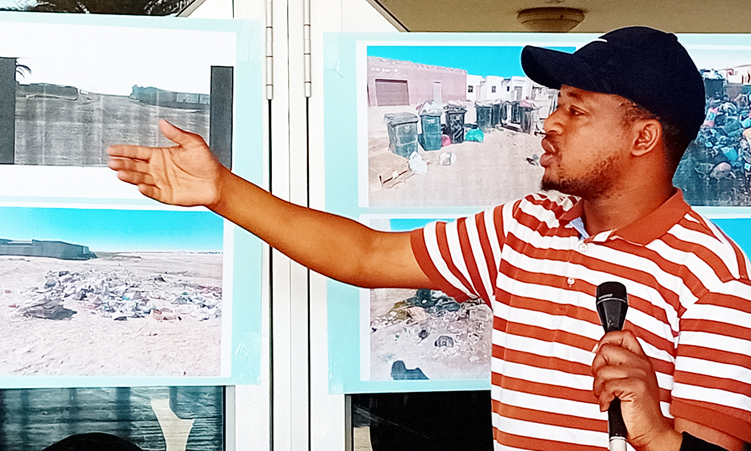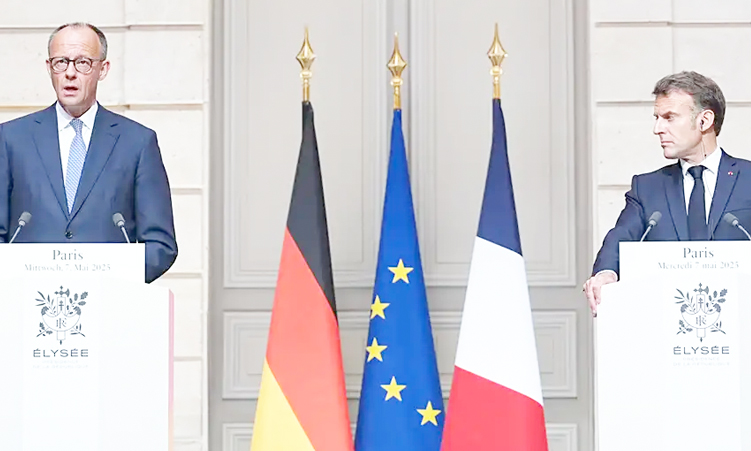WASHINGTON – Export bans during last year’s food crisis hurt global confidence in trade and helped push investors to buy up farmland in developing nations, an official from the United Nations’ food agency said recently.
Wealthy countries dependent on food imports are now worried about trade drying up when prices spike, and investors from those nations have sought to buy land to try to secure food, said David Hallam of the trade and markets division of the UN’s Food and Agriculture Organisation.
‘If you talk to investors in the Gulf, what concerned them particularly … was not so much the high food prices. These are wealthy countries,’ Hallam told a conference at the Woodrow Wilson International Centre for Scholars at the beginning of this month.
‘What they were particularly concerned about was the fact that a number of key exporters imposed export restrictions, which meant that at any price, food supplies were less available,’ Hallam said.
Grain prices hit record highs last year as surging demand for food and biofuels coincided with crop failures in key areas, sparking hoarding and riots in some countries.
The World Trade Organisation provides some measures to reduce import controls, but its disciplines on export bans are ‘really quite weak,’ Hallam said.
The ongoing Doha round of WTO talks, which began well before the food crisis, does not address the ‘asymmetry’ between measures to curb import bans and the lack of controls on export restrictions, Hallam told Reuters.
‘The fact that after this episode, that there is now so much international concern, perhaps the issue might be revisited’ in the trade talks, Hallam said on the sidelines of the conference.
The International Food Policy Research Institute has estimated 15 million to 20 million hectares of farmland, mainly in Africa and Asia, has been sold to foreign investors since 2006, or is under negotiation for sale.
The total is significant, adding up to an area as large as the total stock of farmland in Germany or France, said Ruth Meinzen-Dick, senior research fellow at IFPRI.
Developing nations see the promise of jobs, roads, ports, schools and health care centres in the deals, but negotiations are done on a ‘very uneven playing field,’ she said, noting the deals can result in evictions of subsistence farmers from state-owned land.
Organisations including the World Bank are working on guidelines on land deals for investors and host countries.
Meanwhile, development aid to agriculture has fallen far short of goals. The FAO wants to quantify how much money poorer nations need to boost food production to cut hunger, and match that to willing investors, Hallam said.
‘Developing country agriculture investment needs need to be catalogued, almost like a shopping list, and matched up with the investment funds flowing from investing countries,’ he said.
Investors face considerable political and market risk in the deals, said analyst Gary Blumenthal, whose firm World Perspectives Inc. has advised funds looking to buy farmland.
While there is ‘social push-back’ to the idea of displacing small farmers with large operations, it will take modern farms and private money to feed a growing and hungry world, Blumenthal told the conference.
-Nampa-Reuters
Stay informed with The Namibian – your source for credible journalism. Get in-depth reporting and opinions for
only N$85 a month. Invest in journalism, invest in democracy –
Subscribe Now!










